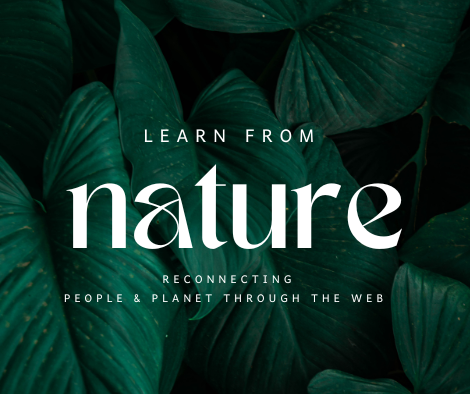A new IUCN report by the Species Survival Commission finds that contact with and trade of domesticated animals and their products are by far the most frequent source of recurring human illness. While less evidence exists tracing zoonotic disease cases to direct interactions with wildlife, risks linked to poorly regulated trade remain a concern.
The new report – Situation analysis on the roles and risks of wildlife in the emergence of human infectious diseases – was published by the International Union for Conservation of Nature (IUCN). It analyses more than 5,000 sources spanning three decades to examine how human interactions with domestic and wild animals are linked to zoonoses (diseases that are naturally transmissible from animals to humans, such as e.g. rabies) and emerging infectious diseases of zoonotic origin (diseases caused by pathogens that originated in animals and are now transmitted predominantly from human to human, such as e.g. HIV/AIDS or SARS-2 Coronavirus).
While the report finds that all human-animal interfaces pose a disease risk, it highlights that an estimated 99% of all human cases of recurring zoonoses come from domesticated animals and their products and within human-dominated environments, either through direct transmission or via food and water systems or insects. In contrast, the authors found published evidence for only 47 such confirmed events linked to wildlife trade over 28 years. This amounts to less than two documented cases per year, compared to an estimated total of one billion annual cases of direct or indirect zoonosis globally. However, the report notes that despite the relative scarcity of documented evidence, wildlife trade does present a risk of novel pathogen spillover, and that even single events can have major consequences.
“In the wake of the COVID-19 pandemic, a lot of attention has been paid to the spill-over of pathogens from animals to humans from the wildlife trade, which does need to be monitored and regulated much more closely and in a targeted manner,” said Richard Kock, co-author of the study and scientist at the Royal Veterinary College and the IUCN SSC Wildlife Health Specialist Group. “However, we did not find evidence that would justify far-reaching bans on the sustainable use of wildlife from a disease risk perspective. In fact, such bans could actually be counterproductive, since they may drive the trade to unknown and likely more dangerous illegal settings.”
Full article is here
Full original report is here



